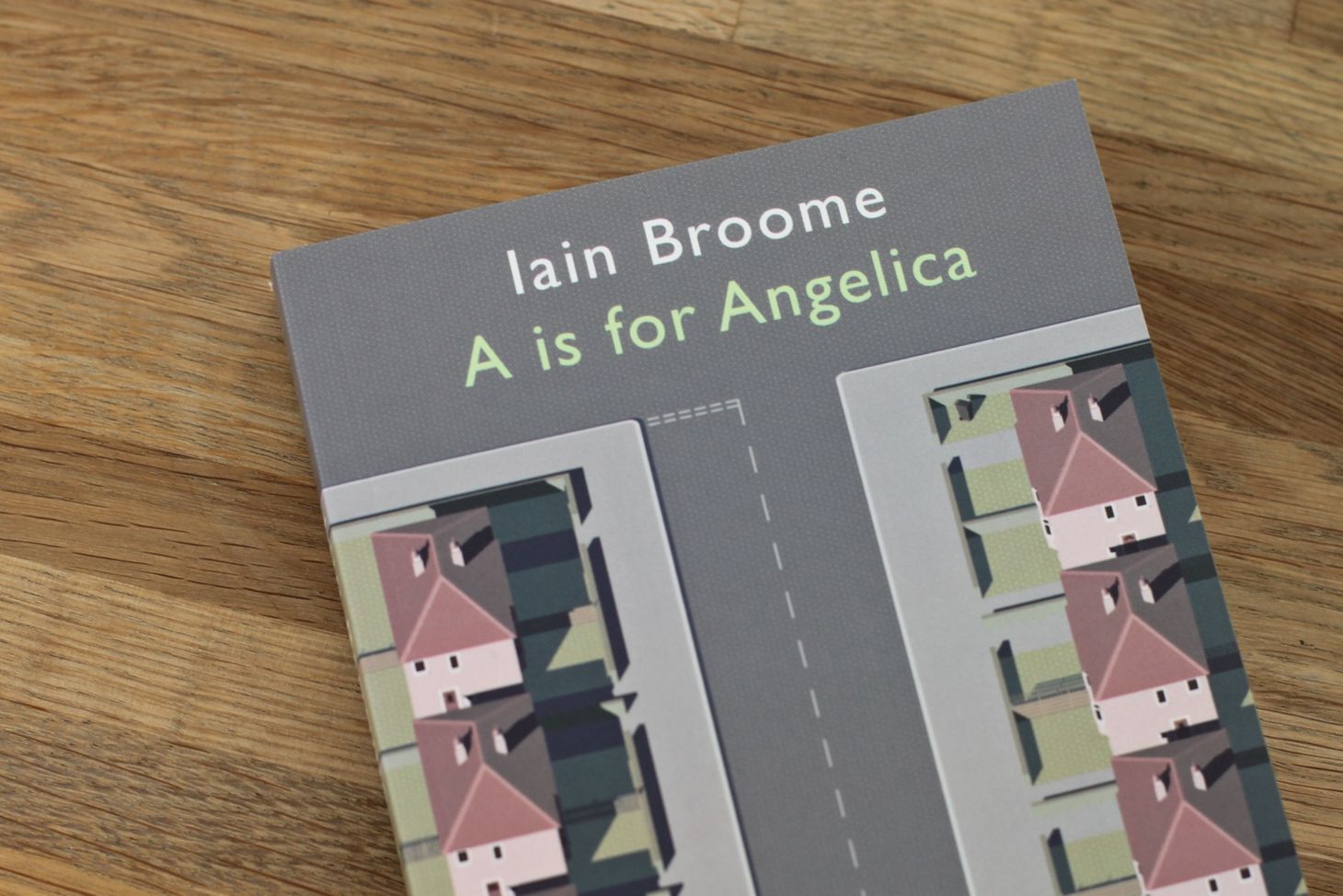Supposed to be fun
Free screenplays, creating a beat sheet, making writing less hard, daily writing sprints, and a bookmark manager.

Here we go with another edition of the Draft Mode newsletter right in your inbox, ready to tickle your writerly senses and fill your web browser with new tabs.
I’ve been busy, busy, busy with work work since the turn of the year, but there is a chance I might have a couple of quieter weeks ahead. I’ll be using some of that time to make progress on a new writing project that I’m weirdly excited about and keen to get into the world.
Alas, this new project is not a novel. But it is fiction, it has a clear end and I’m enjoying the work, which is not to be ignored. If there's something you really enjoy working on, that’s probably where you should put your energy.
Go on. Whisper to yourself. Writing is supposed to be fun.
Enjoy your content banquet below!
Iain
Links of the week
Every issue I collect and share the best advice, apps and other shenanigans that I find on my internet travels. Find something useful? Subscribe for free.
Read (and learn from) screenplays of movies up for awards this year
This is a pretty smashing resource. The Deadline's site is full of awful ads, but the screenplays themselves are boring old PDFs, so you should be fine once you’ve downloaded them. You can access Wes Anderson’s The French Dispatch below if you fancy a shortcut.
What is a beat sheet and why should you write one?
I can actually answer this right away by quoting the article I’m linking to, which is by screenwriter John August:
Beat sheets are a form of outline. Each major plot point gets its own bullet point (or occasionally, a number). That’s it.
It sounds simple but honestly, I think this is about the most useful way to outline I can think of. That goes especially if you’re like me and tend to go in different directions. A simple list of primary plot points may just be enough to keep you on track. I'm going to go back and do this with my work in progress.
Three pieces of interesting advice from Oliver Burkeman, the chap who wrote the popular productivity book 4000 Weeks.
There is lots of focus on the system rather than the end product:
...consider shifting some of the energy you spend on writing away from the creation of finished products (articles, short stories, whatever) and onto the ongoing maintenance of some kind of system for storing and fleshing out your ideas.
I think this is right, but very hard to do when you feel completely pressed for time. That need to be productive and get things done can be so debilitating.
Try writing in four daily sprints
Author, Holly Bourne outlined a new writing process that seems to be doing the trick. Rather than focus on one long writing sprint, she tries to block out four sprints of different sizes. I think it sounds like a really good idea and pretty doable for most writers (even me).

Raindrop.io – all-in-one bookmark manager
I’ve linked to Raindrop before because it’s a fantastic bookmarking tool. I was also getting ready to transfer all the links I’ve collected over the years into it. I don’t know what happened, but I never got round to finishing that task. As of this week, that’s all changing and I hope that I’ll be able to let you into my virtual filing cabinet soon.
In other links
- An Agent Explains the Ins and Outs of Book Deals
- The beginner's guide to making your own zines
- How To Overcome Perfectionism
- How a Book Is Made

10 years
I find it hard to believe, but this summer will mark 10 years since A is for Angelica, my debut (and so far only) novel was published. I’m hoping to celebrate by completing a solid first draft of a second book, but I might also do something a little different too.
One idea is to produce a kind of limited... author’s edition. I’d have to buy (from eBay!) and sell my own copies (through my website), but I could include some exciting bonus content, like deleted scenes, author's commentary and, dare I say it, an alternative ending.
Funnily enough, I was talking about Angelica to my father-in-law last weekend. I had cause to pick up a copy and look for a specific scene – Don Donald in his shed, trousers round his ankles. I then spent an unplanned 30 minutes flicking through, reading bits at random and generally feeling surprised by how pretty good it was.
The long slog to produce a follow up has played tricks on me. My confidence has been badly affected and there have been times where I’ve felt pretty fed up about it all. Reading back was an excellent reminder that – you know what – I’ve done all this before and it turned out okay.
The good news is that now, in 2022, a decade on from that magical day I became a published author, I’m feeling better about my writing than I have for a long time. The writing retreat last November helped. And sharing that process through Pieces (a pop-up newsletter) was way more beneficial than I could have imagined.
So yeah. Almost 10 years. I’ll be sure to let you know when there is more to say and I hope you’ll forgive some minor horn tooting. Fingers crossed I’ll be able to share some new fiction with you in the near future too. Now that would be my preferred way to celebrate the occasion.
Tweet of the week
So many bad tweets. These are quite good. Follow @iainbroome on Twitter or @DraftModeHQ for newsletter notifications.
Here is some advice on how to write a non-fiction proposal and query for an agent representation ALL FOR FREE: https://t.co/qhvJ9EPpJz https://t.co/z5UtJbmEaN
— Prof. Pragya Agarwal (@DrPragyaAgarwal) February 18, 2022
Who are your favorite short story writers right now? Not the all timers, people with work released in the past five years.
— Angel Luis Colón (@GoshDarnMyLife) February 9, 2022
GO.
My dad offered me some pretty good writing advice tonight: just write a best-seller.
— Steve Edwards (@The_Big_Quiet) February 22, 2022
First-time reader?
Draft Mode is a weekly newsletter by Iain Broome, author of the novel, A is for Angelica. Join 1400+ subscribers and start receiving tools and tips that help you improve, publish and promote your writing. Subscribe for free.
Join 1700+ subscribers
I send Draft Mode, a monthly newsletter about writing, creativity, publishing and making things on the internet. Pop your email address in the box to join us.




